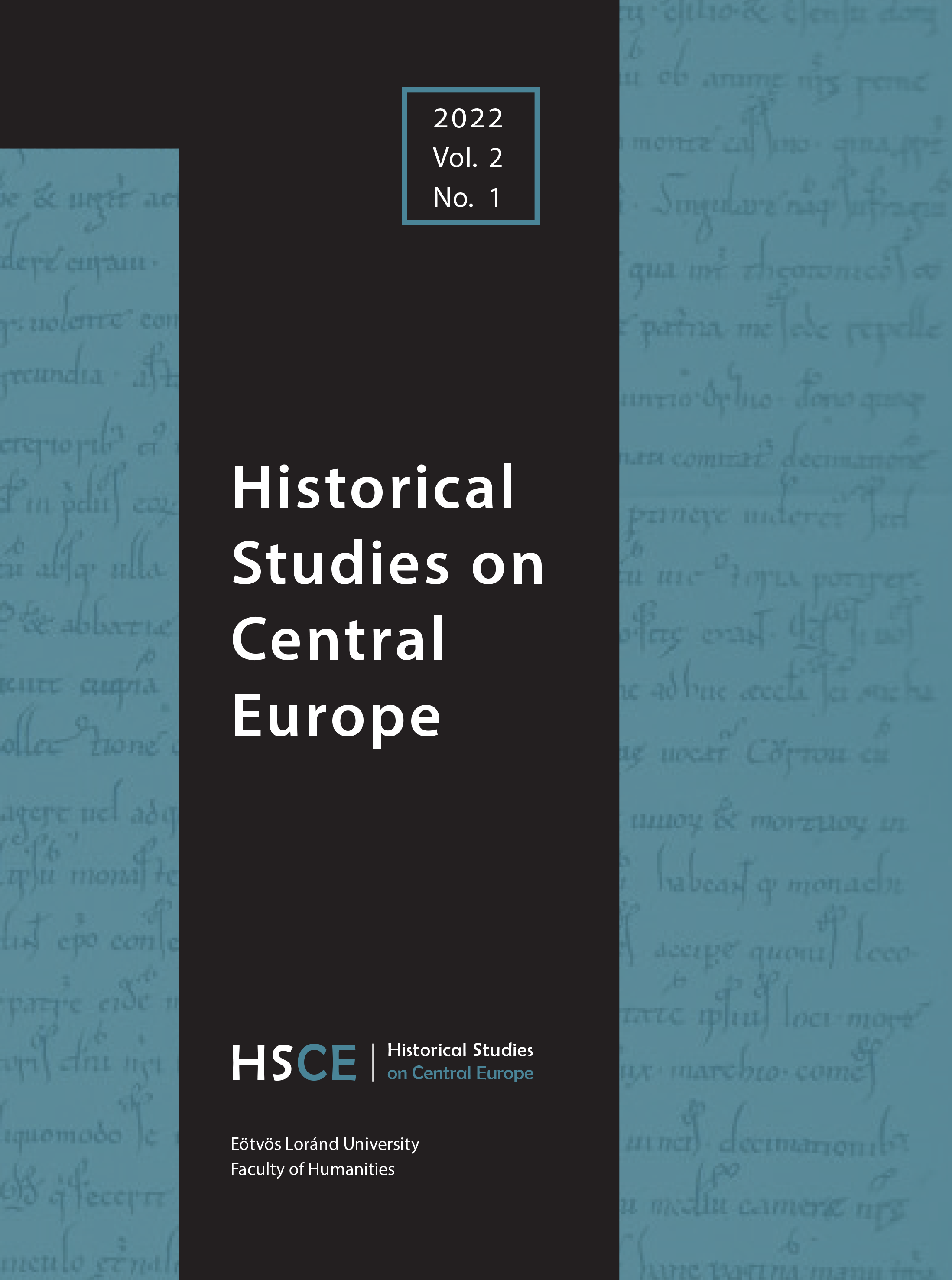The Role of the Director and His Impact on the Dramaturgy of the Slovak National Theatre in the Interwar Period
Published 16-06-2022
Keywords
- Slovak National Theatre, Cooperative of the Slovak National Theatre, Bratislava, opera, operetta, director
How to Cite
Copyright (c) 2022 Michal Ščepán

This work is licensed under a Creative Commons Attribution-NonCommercial 4.0 International License.
Abstract
The most important cultural establishment in Slovakia, the Slovak National Theatre (SNT),
was founded in 1920. The beginnings of this institution were extremely complicated because its
activities were not managed by the state, but by a private company called the Cooperative of the
Slovak National Theatre. This joint company was founded in 1919 and consisted of representatives
of the then governing bodies, the Slovak intelligentsia, and representatives of banks and other
associations. In the first two seasons, the Cooperative was dealing with operation issues, mostly with
obtaining the financial resources needed. The complete artistic program was in the hands of the first
director of the SNT, Bedřich Jeřábek (1920–1922). During this period, however, we cannot talk about
the profiling of the dramaturgy of opera and operetta on the SNT stage. This period was followed by
that of directors and private entrepreneurs Oskar Nedbal (1923–1930) and Antonín Drašar (1931–
1938), who due to the financial incompetence of the Cooperative, took the management of the
SNT fully into their own hands. Both directors, together with the heads of the opera ensembles,
preferred modern and experimental dramaturgy, including the latest works of art. Whereas Drašar
used a pragmatic approach to resolving the theatre’s financial problems, for Nedbal caused the loss
of his function and life.
This study deals with the comparison of the work and theatre management of individual directors
in the interwar period, with an emphasis on opera and operetta dramaturgy.

